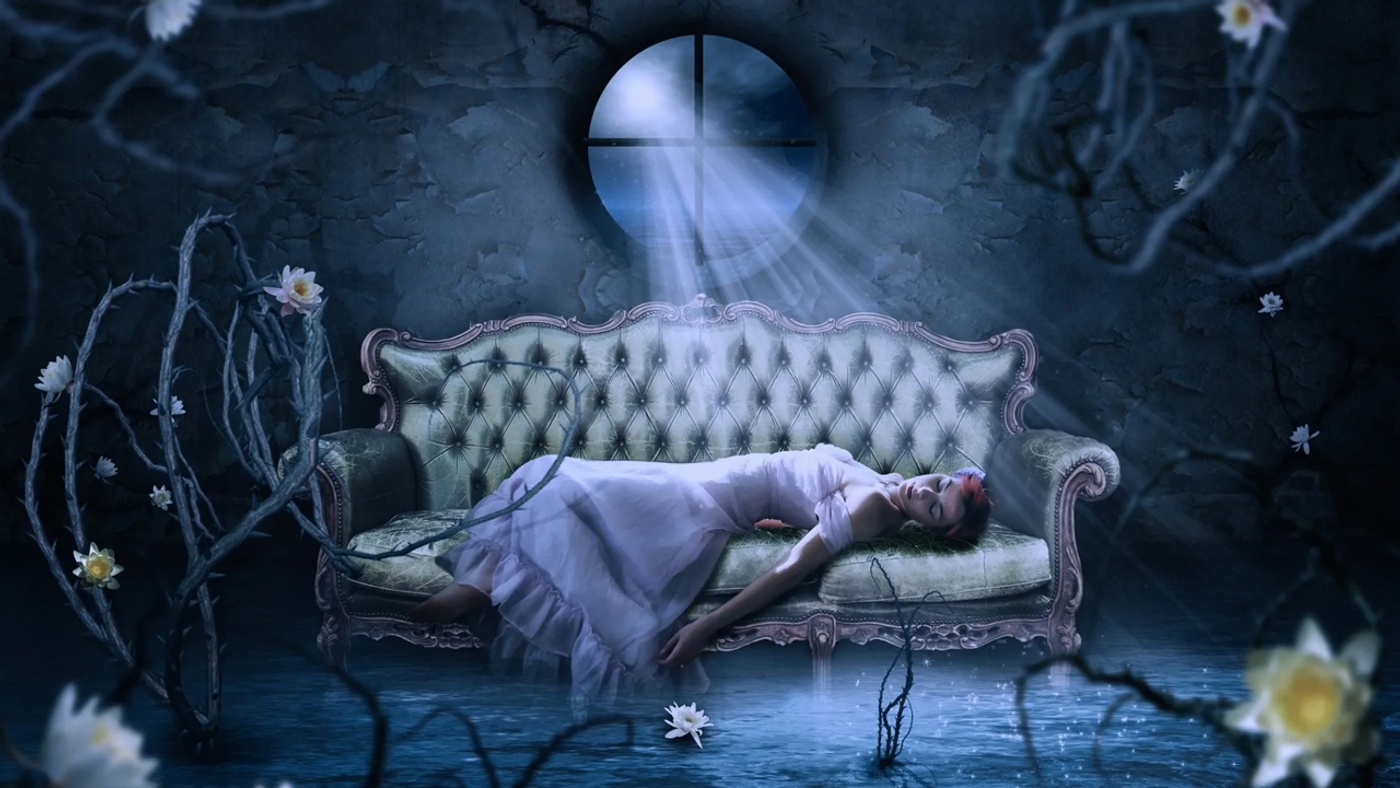For many of us, dreams contain scenarios we could never think of while awake. However, these complex dreams emerge as a combination of our brain activities, emotional states, and creative thinking abilities. Science reveals that dreams are not merely nonsensical stories we see at night but rather perform significant psychological and cognitive functions.
The Occurrence of Dreams During the REM Sleep Stage

Dreams generally occur during the REM sleep stage. In this stage, brain activity may be higher than when awake. However, the prefrontal cortex, the area associated with logical thinking and decision-making, is less active during this phase. This situation leads our dreams to be filled with chaotic and bizarre events rather than being logical and consistent.
The Brain’s Overnight Information Refresh Process
While processing the information and experiences we gain throughout the day, dreams come into play during the cleaning and refreshing process. Our brain can create random and illogical combinations during this process. This is associated with the lack of synchronization in activities across different brain regions and the decreased activity of the prefrontal cortex.
The Emotional Regulation Function of Dreams

Dreams also aid in regulating our emotional processes. According to Freud’s theories, dreams are reflections of suppressed desires and emotions in our subconscious. Modern science provides evidence that dreams are a mechanism used by the brain to process emotional traumas, cope with stress, and maintain psychological balance.
The Impact of Dreams on Creativity
Furthermore, dreams are effective in the development of creative thinking and cognitive flexibility. During dreaming, the brain blends different thoughts and ideas to create new connections. This process can enhance our creative problem-solving abilities and innovative thinking capacity. Therefore, many artists and scientists express that they draw inspiration from their dreams. Dreams open an extraordinary window into the depths of our consciousness, confronting us with our inner world.
Dreams are more than an ordinary phenomenon, playing significant roles in terms of consciousness, subconscious, and emotional health. Therefore, understanding them more deeply is crucial for ongoing research in psychology and neurology.
Source: The New York Times , Science Norway


